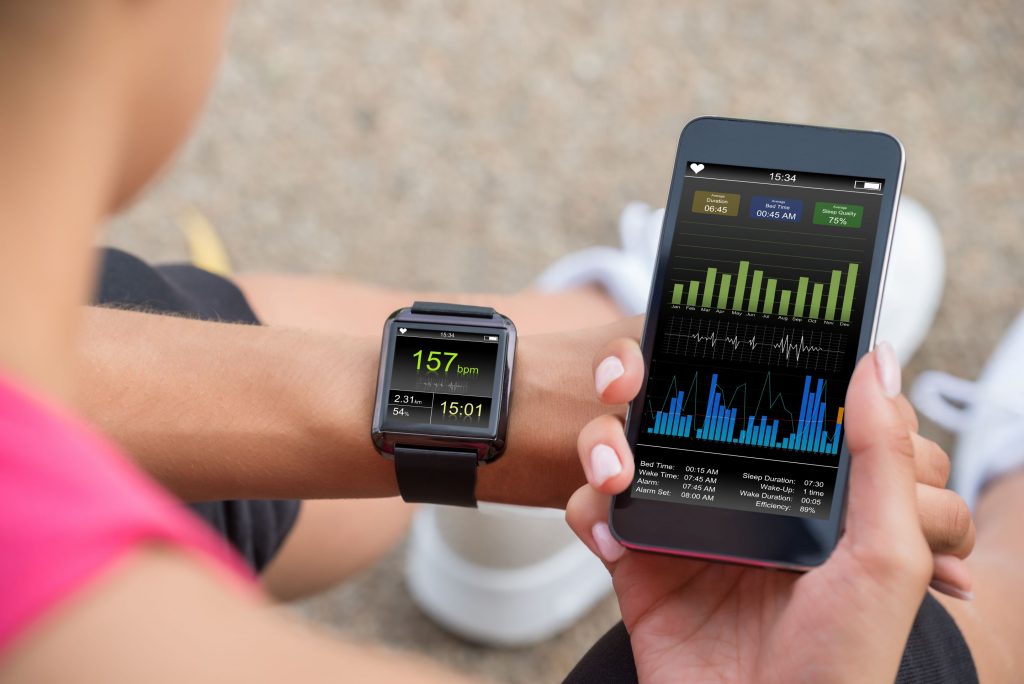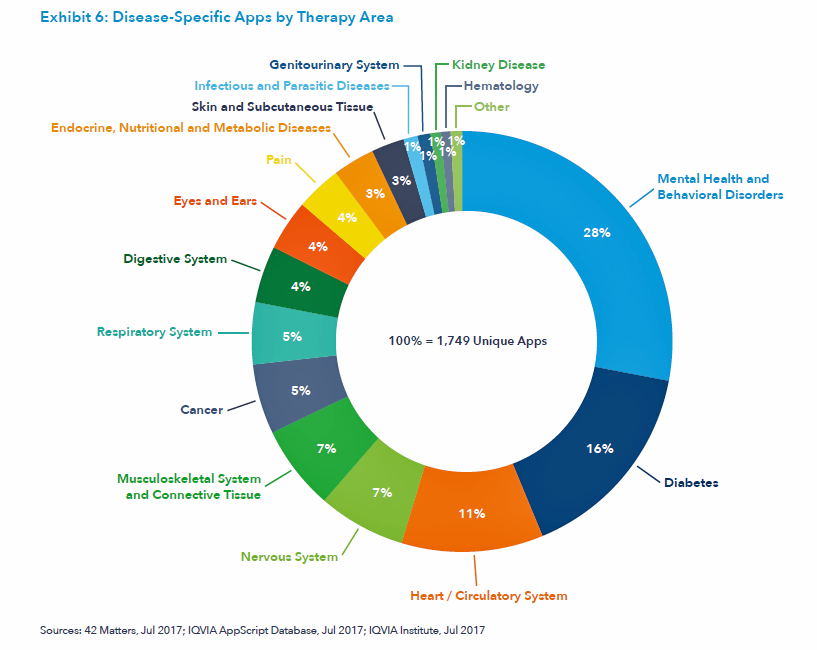Digital Therapeutics: Using Apps and Wearables to Treat Mental and Physical Health Conditions

Have you heard about the latest trend in healthcare? It’s called “digital therapeutics” – sounds fancy, doesn’t it? Well, let me tell you all about it while we take a look at some hilarious pictures.
How “digital therapeutics” differ from traditional health and wellness
Let’s start off with this picture of a dog wearing a Fitbit. I mean, who wouldn’t trust a dog with their health data? But in all seriousness, wearable technology like Fitbit and Apple Watch fall under the umbrella of digital therapeutics. These devices track your daily activity, heart rate, and sleep patterns – all in the name of improving your overall health.

But digital therapeutics go beyond just wristbands and watches. There are now apps and digital devices that can help treat chronic conditions like diabetes and hypertension. Take a look at this guy pretending to use a digital inhaler – he’s clearly having way too much fun with it.

Wearables
If you thought fitness trackers were just for gym rats, think again. There are now wearables specifically designed for healthcare professionals to monitor patient health. This includes things like EKG monitors, blood glucose monitors, and even smart pills that can track medication adherence.

But wearables aren’t just for doctors – they’re for everyone! There are now smart clothing items like workout shirts and sports bras that can track your heart rate and calorie burn. And yes, there’s even a smart swimsuit that can track your laps and stroke technique.
Health Apps
Remember that time you downloaded an app to remind you to drink water, but ended up getting distracted by Instagram notifications? No shame, we’ve all been there. But health apps are now more sophisticated than ever – they can help you manage chronic conditions, access virtual doctor visits, and even provide mental health support.

Take, for example, apps like Talkspace and BetterHelp that provide therapy sessions via video chat. Or apps like MyFitnessPal that help track your diet and exercise. And let’s not forget about the slew of period-tracking apps that help you stay on top of your cycle (because let’s be real, who wants to be surprised by Aunt Flo?).
Digital Devices
When you think of digital devices, you might initially picture your smartphone or tablet. But there are now medical devices that can connect directly to your phone or computer to help you manage your health. One example is a smart glucometer – a device that can measure your blood sugar and send the data to your phone. No more pricking your finger and squinting at a tiny screen to check your levels!

But digital devices don’t just help manage chronic conditions – they can also help prevent them. Take, for example, the LVL hydration tracker – a wearable device that can monitor your hydration levels and remind you when it’s time to drink water. And let’s be honest, we could all use a reminder to drink more water (especially during a night out with the girls).
Abstract
So there you have it – a brief overview of the wonderful world of digital therapeutics. Whether you’re tracking your steps with a fitness tracker, managing your chronic conditions with an app, or monitoring your hydration levels with a smart water bottle, there’s no denying that technology is changing the way we approach our health. Plus, we’re having way more fun with it than ever before.
Introduction
But let’s not forget that with great technology comes great responsibility (cue Uncle Ben from Spiderman). While digital therapeutics may seem like a panacea for our health woes, it’s important to remember that they’re not a replacement for traditional healthcare. There are certain things that can only be diagnosed and treated by medical professionals, so make sure you’re still seeing your doctor regularly.
Content
Another thing to keep in mind is the potential for data breaches. All this health data that we’re tracking and logging has to be stored somewhere – and unfortunately, that means it’s vulnerable to hackers. That’s why it’s crucial to make sure you’re using reputable devices and apps, and that you’re keeping your passwords secure. And if you do experience a breach, be sure to notify your healthcare provider and monitor your credit report.
It’s also worth noting that digital therapeutics aren’t accessible to everyone. While the cost of wearable technology has decreased in recent years, many people still can’t afford it. And even if they can, there are certain populations that may not benefit from it as much – such as the elderly or those with disabilities. It’s important to remember that not everyone has equal access to healthcare technology.
Conclusion
But despite these challenges, the rise of digital therapeutics is an exciting development in the world of healthcare. It allows for greater patient empowerment and engagement, and has the potential to improve outcomes and reduce costs. Who knows, maybe one day we’ll all be walking around with smart implants that can detect diseases before we even know we have them. Hey, a girl can dream.

Source image : techonomy.com

Source image : www.healthpopuli.com

Source image : cmajnews.com

Source image : qanalysts.com

Source image : ictandhealth.com




